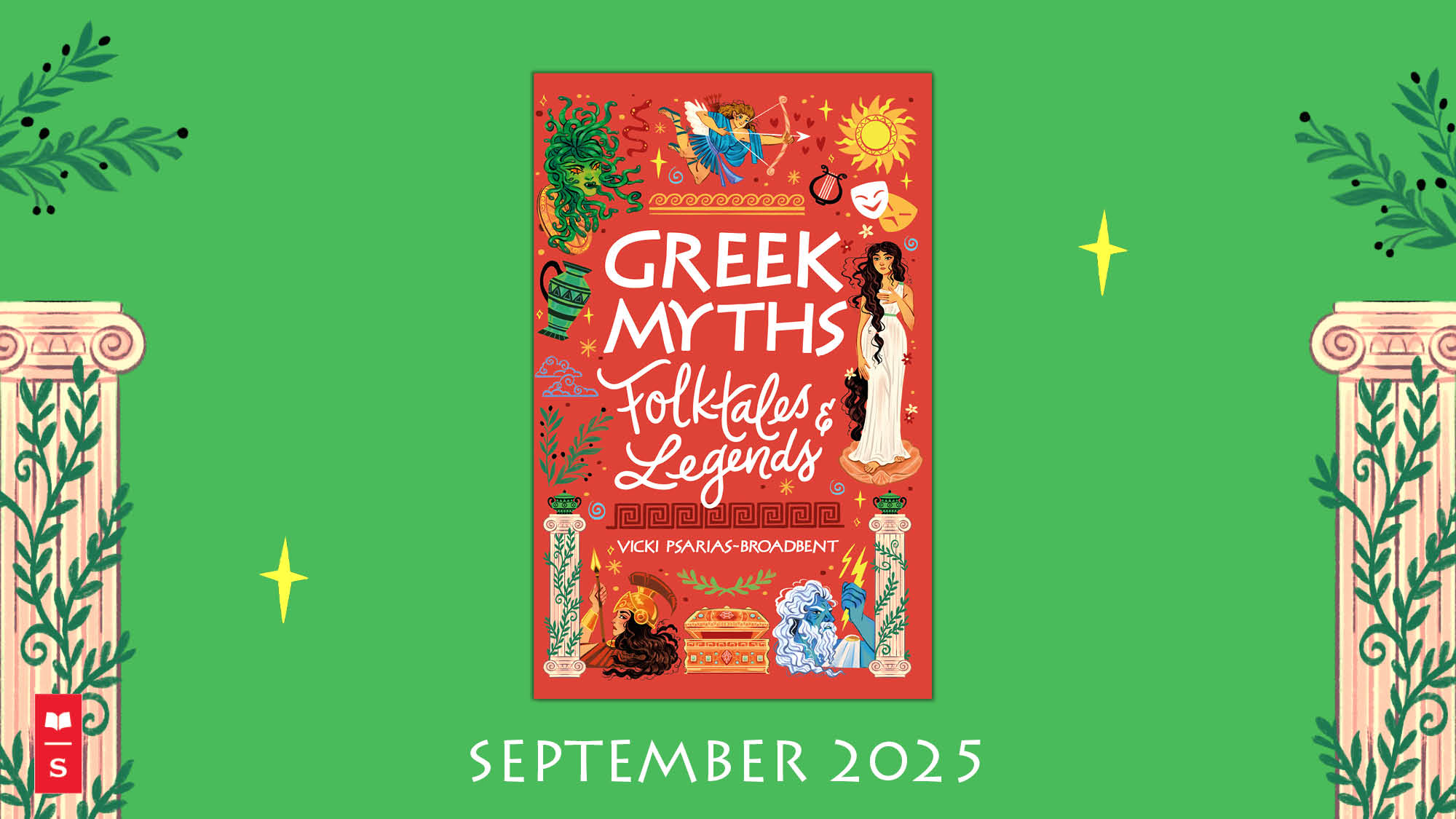
As you’re likely aware, vaccines are a bit of a hot topic at the moment. Ever since Robert F. Kennedy Jr.’s confirmation as secretary of Health and Human Services (HHS), he has dismissed the CDC’s entire vaccine advisory committee, changed the CDC’s recommendations for COVID vaccines (which now go against actual medical experts’ guidance), and moved to remove an ingredient in flu vaccines he has long railed against, though there is “no evidence of harm” from its inclusion, Politico reports. In July, the American Academy of Pediatrics (AAP) and five other governing medical bodies filed a lawsuit against RFK Jr. and HHS for “acting arbitrarily and capriciously” when changing those COVID vaccine policies, which the authority said would certainly cause harm to children nationwide. Now, the AAP has published its own “evidence-based” vaccine schedule for American children.
The “Recommended Childhood and Adolescent Immunization Schedule: United States, 2025,” was published today in the AAP’s clinical guidebook for pediatricians. In a press release, the AAP stated that it includes “evidence-based, updated guidance” specifically pertaining to RSV, flu, and COVID-19 vaccines for children. This schedule also “incorporates recent updates” regarding the meningococcal vaccine, guidance on when it’s best to start the HPV vaccine, and it removes one hepatitis vaccine that is no longer available. You can view the AAP’s childhood vaccine schedule at HealthyChildren.org, where we found these helpful visuals:
This marks the first time in decades that the AAP’s vaccine guidance is not in step with that of the CDC, coming at a time when anti-vaccine advocates have unprecedented power within the government. “It differs from recent recommendations of the Advisory Committee on Immunization Practices of the CDC, which was overhauled this year and replaced with individuals who have a history of spreading vaccine misinformation,” says the AAP’s press release.
“The AAP will continue to provide recommendations for immunizations that are rooted in science and are in the best interest of the health of infants, children, and adolescents,” said AAP President Susan J. Kressly, MD, FAAP. “Pediatricians know how important routine childhood immunizations are in keeping children, families, and their communities healthy and thriving.”
The main differences between the CDC’s vaccine guidance and the AAP’s surround flu and COVID-19 immunizations.
Influenza
In June, the CDC’s Advisory Committee on Immunization Practices (ACIP) recommended that all U.S. citizens 6 months and older receive an annual flu shot. What changed is that they now suggest everyone opt for “single-dose formulations of annual influenza vaccines that are free of thimerosal as a preservative” for all adults, pregnant people, and kids 18 years and younger (so, pretty much everyone).
The AAP published a report fact-checking this change, stating that “extensive research has demonstrated that thimerosal is safe. There is no evidence that thimerosal causes autism or other neurodevelopmental disorders. Autism rates actually rose after thimerosal was removed from childhood vaccines. Decisions about which vaccine ingredients are safe should not be based on disproven presumptions, but rather on medical evidence.”
The AAP says all children should receive their annual flu vaccine, whether it be injectable or nasal, by the end of October “for optimal protection” before flu season. They say vaccinating your kid should not be delayed, especially by trying to find a thimerosal-free product to do it with. This is because, according to their press release, “historically, up to 80% of influenza-associated pediatric deaths have occurred in unvaccinated or incompletely vaccinated children.”
COVID-19
The CDC removed COVID vaccinations from the schedule for healthy children and pregnant people in May of this year. The government body now recommends that children ages 6 months to 17 years who are not immunocompromised do not need the vaccine, but should engage with their child’s healthcare provider in “shared clinical decision making.” At the time, the AAP called the process by which the CDC came to this conclusion “deeply flawed,” saying that the vague nature of the recommendation would only confuse parents and providers and put children at risk.
The AAP’s new vaccine schedule recommends the COVID-19 vaccine for all children ages 6 through 23 months, as well as an annual vaccine for all children and adolescents 2 through 18 years of age who are:
- At high risk of severe infection, or who live with someone at high risk
- Residents of long-term care facilities or other group settings
- Currently unvaccinated for COVID-19
Per their press release, the AAP also recommends the vaccine remain available for children ages 2 to 18 whose parents want them to have the extra protection, whether they fall into those categories or not. This model reflects data that children under age 2 are at the highest risk of becoming severely ill or being hospitalized from COVID, though it is still safe and effective for older kids to receive it too, per the AAP.
The organization acknowledges that adding a new vaccine schedule to the mix probably doesn’t simplify things for parents. That said, it does provide clear, expert-backed recommendations that truly reflect everything we know from actual science and data.
Disclaimer: This content was automatically imported from a third-party source via RSS feed. The original source is: https://www.scarymommy.com/lifestyle/the-aap-has-released-their-own-evidence-based-vaccine-schedule-for-kids. xn--babytilbehr-pgb.com does not claim ownership of this content. All rights remain with the original publisher.






